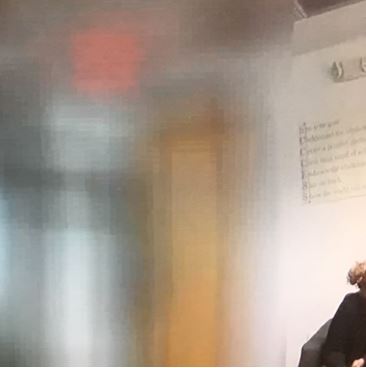WASHINGTON D.C. (May 10, 2019) – In a major victory, Cause of Action Institute (CoA Institute) today, celebrated the decision by the U.S. District Court Middle District of Florida denying all damages against its client, small business owners Robert and Angelo Cupo and their business Vylah Tec LLC. In January 2019, the Court found Messrs. Cupo and Vylah Tec liable, however the Court denied all financial damages, decrying the government’s failure to support its demand and writing in its opinion, “[a]s this Court stated in trial, it is obvious that the disgorgement (financial penalty) total is a moving target.” The decision repeatedly chided the government for continually changing both the total damages sought and the basis for the calculations – both of these “moving targets” make it impossible for small business owners like the Cupos to defend. Today’s decision is a major blow to the Federal Trade Commission’s (FTC), which had sought millions of dollars from the small business.
“Today’s decision serves as a rebuke to the Federal Trade Commission’s attempt to confiscate a small business owners’ property while completely ignoring the legal standards required to do so.” said John Vecchione, president and CEO of Cause of Action Institute. “While the Cupos and Vylah Tec may be the named parties, this victory should be celebrated by all small business owners and entrepreneurs who fear the Federal Trade Commission’s wrath, which too often treats small businesses more harshly than larger corporations, and by all supporters of the rule of law.”
Case background
After obtaining a secret court order in early 2017, the FTC targeted, Vylah Tec, LLC, a small family-run tech company and conducted an hours-long raid of the company’s headquarters on suspicion of “deceptive” sales practices because it bore a superficial resemblance to companies with illegitimate practices. The raid was initiated as part of a politically-hyped campaign known as Operation Tech Trap headed by the FTC in conjunction with the Florida Attorney General’s office. Failing to take into account Vylah Tec’s substantial well-regarded services, the government sought to shut the company down, depriving thousands of customers of pre-paid technical support services.
Not only did the FTC demand a freeze of assets of the defendants, but it also went so far as to demand a freeze of the jointly held marital assets of the wife of one of the defendants. After the 11th Circuit Court of Appeals reversed this freeze, the FTC filed a new motion to recapture the same personal assets without the evidence needed in equity. The Court strongly rebuked the motion. In September, the government prevailed in finding Messrs Cupo and V-Tec liable for damages. However, as the Court found today, the government was unable to prove these damages.
The Vylah Tec case demonstrates the vast power of the federal government and the ability of the FTC to use a court order obtained in secret to deny a family-run company due process by swooping in and seizing assets—including the money they needed to hire a lawyer and mount a defense. Cause of Action Institute firmly believes a prosperous society allows all individuals, entrepreneurs, and companies an opportunity to succeed, but far too often when facing the FTC, companies or individuals have their livelihoods threatened and must defend themselves against a regulatory authority with near endless resources and no motive to render justice.
###
Media Contact: Matt Frendewey, matt.frendewey@causeofaction.org | 202-699-2018

